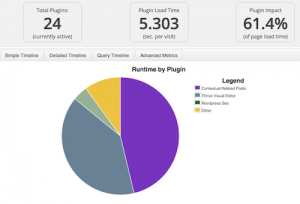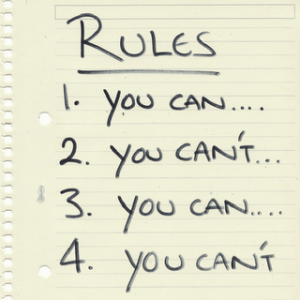Dollar General and Kroger charge shoppers for this service that other stores offer free
In some communities, ‘cash back’ is the only way to access funds. But a new government report says many dollar stores are charging extra fees for it—and profiting.
BY Sarah Bregel
There’s no quicker way to get cash than by selecting “cash back” when checking out at a grocery or retail store. It can save you a trip to the bank or local ATM, which, in some communities, are sparse. But according to a new report, Americans, and more often low-income Americans, are paying for that convenience.
The Consumer Financial Protection Bureau (CFPB) released a report Tuesday asserting that in the U.S., consumers pay millions in fees when they choose “cash back” at retail stores—even discount stores claiming to help shoppers save.
The CFPB looked at Dollar General, Dollar Tree/Family Dollar, Kroger, Albertsons, Walgreens, CVS, Walmart, and Target to determine the companies’ handling of “cash back.” It found that some of the stores that market themselves as being the most budget-friendly are the ones adding fees. Dollar General, Dollar Tree/Family Dollar, and Kroger charge for “cash back,” while the other retailers allow customers to access their own money free of charge.
“At Dollar General and Dollar Tree/Family Dollar, cash-back fees for small withdrawal amounts are the highest in the sample ($1 fee or more for cash-back amounts under $50),” the report states. “Kroger, the country’s largest grocery chain, recently announced new charges at their Harris Teeter stores (75 cents for $100 cash back or less), and charges 50 cents for up to $100 cash back at their other brand stores such as Ralph’s, Fred Meyer, and others.”
In a statement to Fast Company, Dollar General said it provides “cash back” options at its 20,000-plus stores “as a service to customers who may not have convenient access to their primary financial institution,” and that the services “may also help customers save money on fees compared to alternative, non-retail options such as check cashing locations or ATM fees.”
A Dollar Tree spokesperson told Fast Company that “shoppers who want to take advantage of our cash back offering are charged a clearly disclosed fee, which in turn helps offset the variety of costs we incur to offer this helpful service.”
Fast Company also reached out to Kroger for comment about the report and its “cash back” policies, but did not receive a response as of publishing.
Dollar Tree has been affected by inflation as its prices have increased. While its name remains, last year, it bumped the price of items by 25%—meaning no more dollar items, everything is now $1.25. It announced earlier this year it would sell off 970 underperforming Family Dollar stores. Still, while the chain has clearly been struggling in recent years, it has likely been making money from “cash back.”
While the report estimates that it only costs merchants a few cents to process a transaction, for Kroger, Dollar General, and Dollar Tree/Family Dollar, the gains can be massive: The CFPB estimates that they earn $90 million a year in “cash back” charges.

According to the report, the option has typically been free to use. And it’s a particularly important one in lower-income communities and communities that don’t have a nearby bank. Translation: Individuals are being charged to access their own money, even those who need to pinch pennies.
CFPB director Rohit Chopra acknowledged that issue in the report. “Many people living in small towns no longer have access to a local bank where they can withdraw money from their account for free,” Chopra said. “This has created the competitive conditions for retailers to charge fees for cash back.”
The report also found that because the fees occur on even small withdrawals, the impact is significant. “Levying a fee on small transactions may constitute a hefty percentage of the withdrawal amount, and it may also induce repeat withdrawals, with consumers incurring a new fee each time,” the report says.
That design means that many of the very stores claiming to help you hold onto more of your hard-earned bucks are actually siphoning them off.
ABOUT THE AUTHOR
(8)
Report Post







